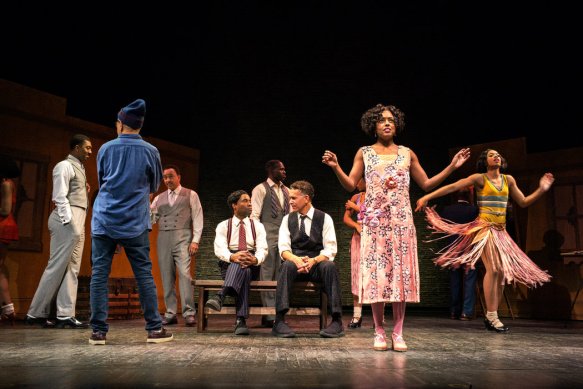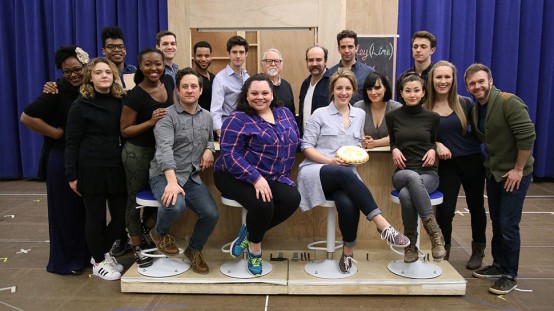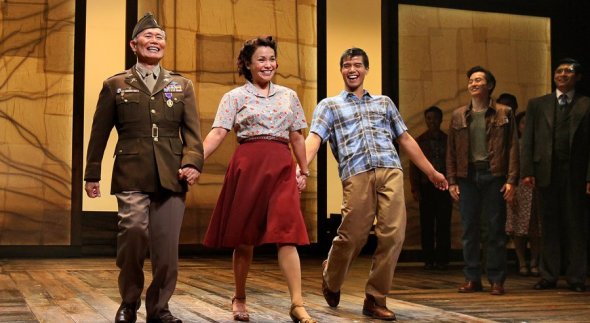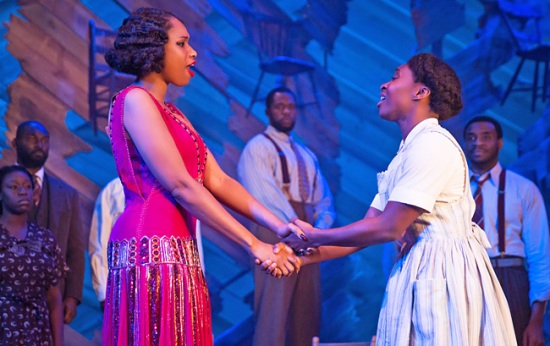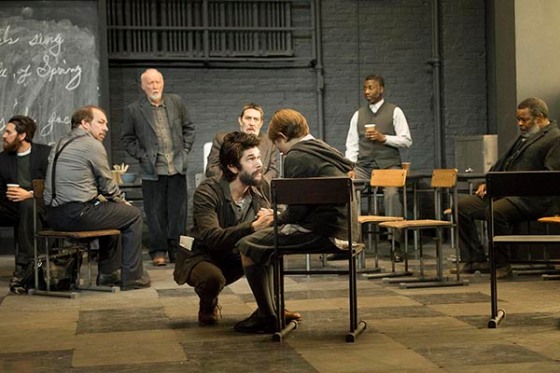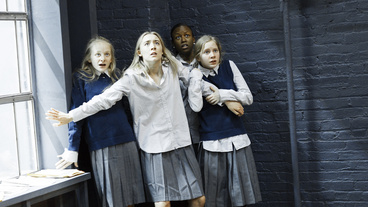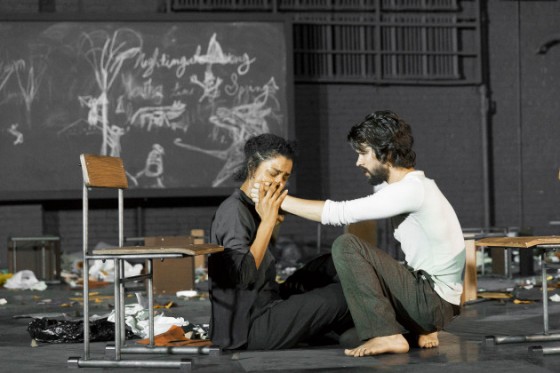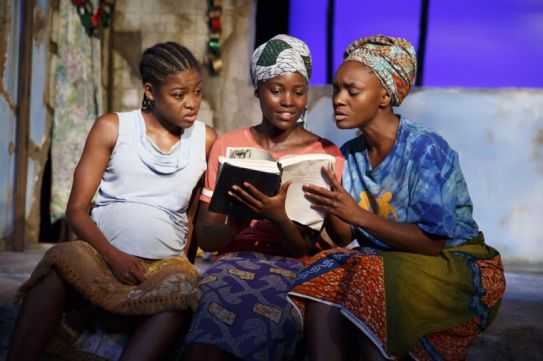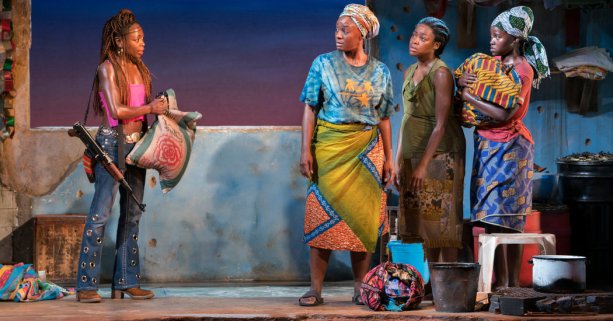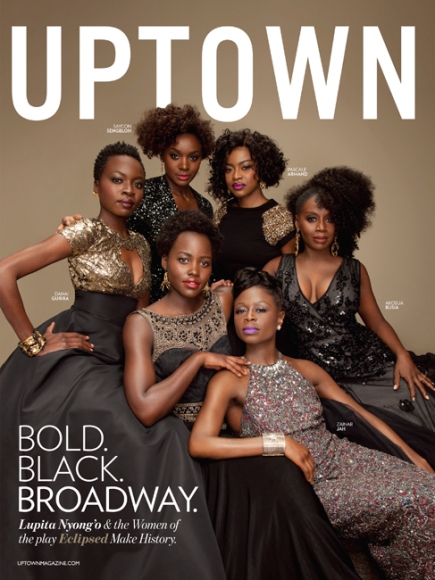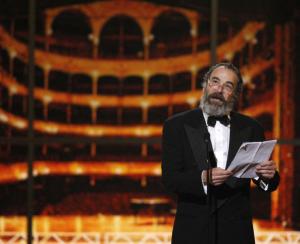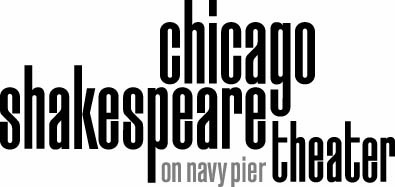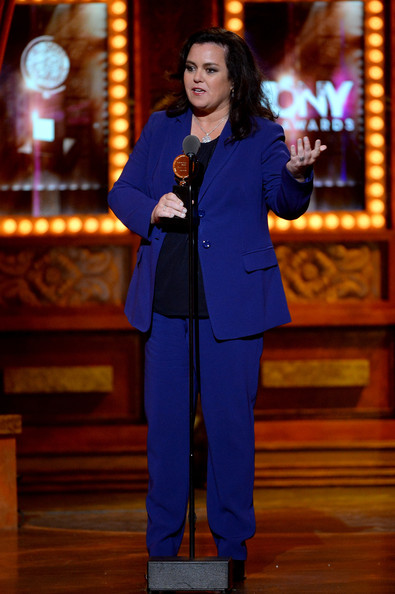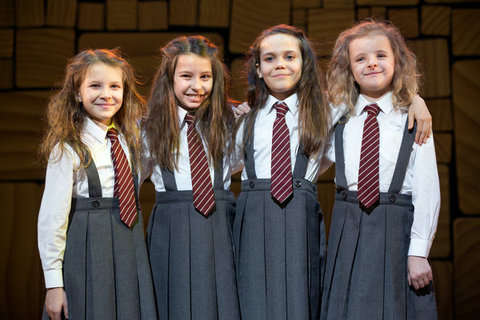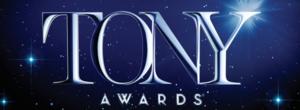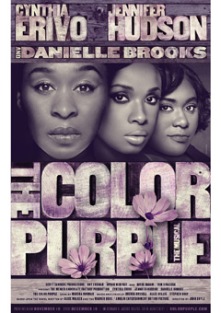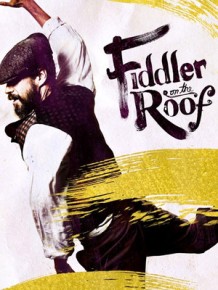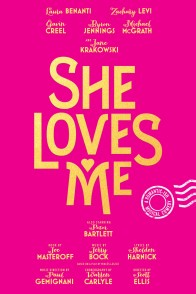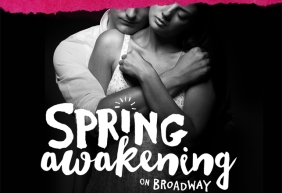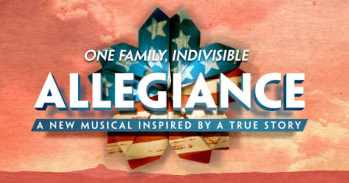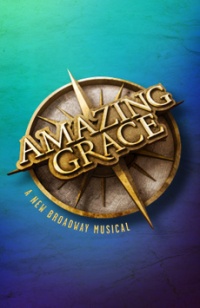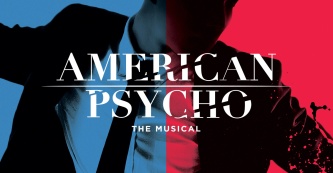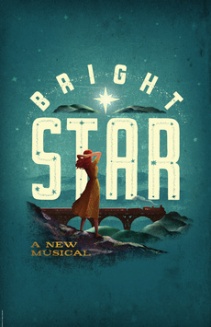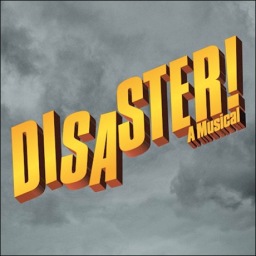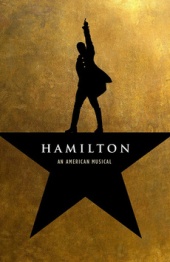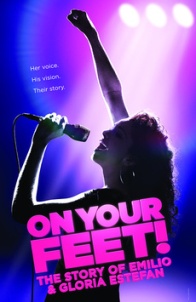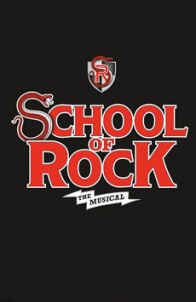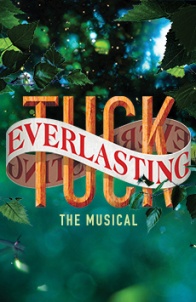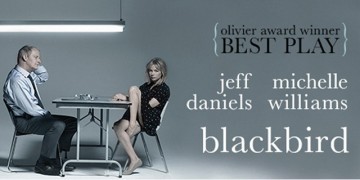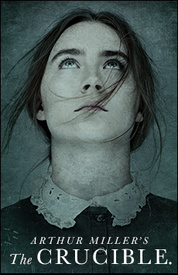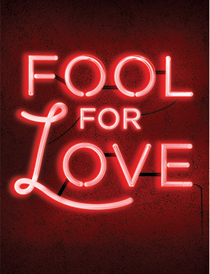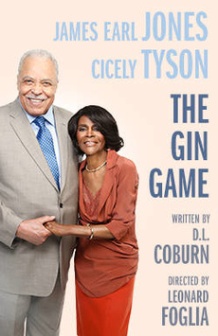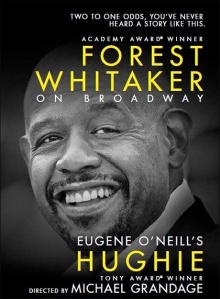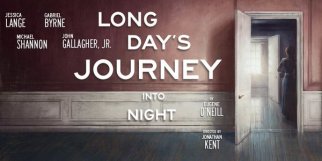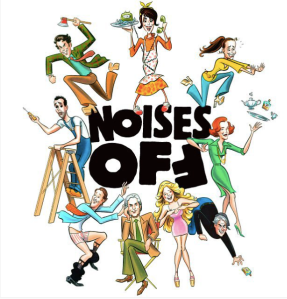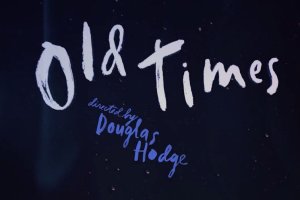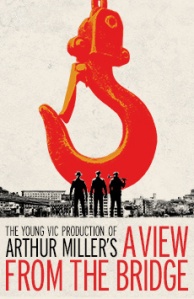As we say, it’s only one person’s opinion, and a few categories are going to take each other to task, but there are still some things that we can probably say for certain.
Hamilton broke records left and right this season, including the 16 nominations it got from the award committee. I think the show will definitely dominate the majority of categories, but I’m not sure if it will go for a clean sweep like I’ve seen a lot of people say.
As far as shows with multiple nominees in the same categories, I feel Hamilton may surprise us and see Leslie Odom Jr. go home with the Best Leading Actor award, and Best Featured Actor is a toss up.
Noises Off I think will see the Best Featured Actress award go home with Megan Hilty, as Andrea Martin is still a newcomer and Hilty has been a favorite in recent years.
A View From The Bridge might pull off all tech awards it was nominated for, and The Crucible may pull in an acting nod for Sophie Okonedo, but A View will win more out of the two of them.
I predict Eclipsed getting a lot of attention as well, for both technical and acting, although I’m unsure about whether or not Liesl Tommy will come home with the Best Direction award. Both A View From The Bridge and Long Day’s Journey Into Night have been reviewed really favorably in that direction.
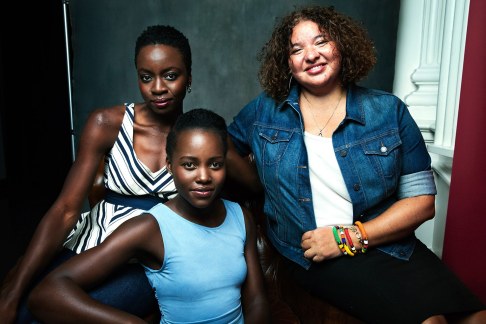
I get the feeling that the opening number is going to feature riffs on James Corden shows and will most definitely poke fun at the Into The Woods movie. Host Neil Patrick Harris hadn’t starred in Hedwig by the time that he hosted, and last year saw ribbing of Kristin Chenoweth’s time in Wicked, so I think his roles are also fair game. The ceremony did the same with the Les Miserables movie a few years ago, and as someone who didn’t care for the Into The Woods movie, I’m looking forward to some laughs.
With the American Theatre Wing’s push for the recognition of diversity this season, I think onversations on the red carpet and off are going to focus heavily on diversity across all spectrums, though some conversation about “Tony can you hear me” may come up as another year passes without the sound awards.
PLAY:
Best: Eclipsed
Best Revival: Long Day’s Journey Into Night
Best Actor Leading: Mark Strong (A View From The Bridge)
Best Actor Feature: Reed Birney (The Humans)
Best Actress Leading: Jessica Lange (Long Day’s Journey Into Night)
Best Actress Feature: Pascale Armand (Eclipsed)
Best Direction: Liesl Tommy (Eclipsed)
Best Scenic Design: Jan Versweyveld (A View From The Bridge)
Best Lighting Design: Jan Versweyveld (The Crucible)
Best Costume Design: Clint Ramos (Eclipsed)
MUSICAL:
Best: Hamilton
Best Revival: The Color Purple
Best Actor Leading: Leslie Odom Jr.
Best Actor Feature: Daveed Diggs (Hamilton)
Best Actress Leading: Jessie Meuller (Waitress)
Best Actress Feature: Danielle Brooks (The Color Purple)
Best Direction: Michael Arden (Spring Awakening)
Best Book: Shuffle Along (George C. Wolfe)
Best Original Score: Hamilton (Lin-Manuel Miranda)
Best Scenic Design: Es Devlin and Finn Ross (American Psycho)
Best Lighting Design: Howell Binkley (Hamilton)
Best Costume Design: Ann Roth (Shuffle Along)
Best Choreography: Savion Glover (Shuffle Along)
Best Orchestrations: Alex Lacamoire (Hamilton)
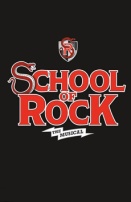 –School of Rock: originally a 2003 film starring Jack Black, this production incorporates music from film and adds new songs as well. Changes to have been made to characters, names, and plot points. Critics gave generally favorable reviews, but many have asked-what does adaptation add to the plot that the movie didn’t? Personally, I view this as Andrew Lloyd Webber’s scramble to make another hit after the Love Never Dies disaster. The show seems fun with great leads in Alex Brightman and Sierra Boggess, but much like Rock of Ages before it, it doesn’t seen like anyone was clamoring for this story to be re-told, especially as the movie is still generally recent. Received 4 nominations for Best Musical, Best Book of a Musical, Best Original Score, and Best Actor in a Leading Role.
–School of Rock: originally a 2003 film starring Jack Black, this production incorporates music from film and adds new songs as well. Changes to have been made to characters, names, and plot points. Critics gave generally favorable reviews, but many have asked-what does adaptation add to the plot that the movie didn’t? Personally, I view this as Andrew Lloyd Webber’s scramble to make another hit after the Love Never Dies disaster. The show seems fun with great leads in Alex Brightman and Sierra Boggess, but much like Rock of Ages before it, it doesn’t seen like anyone was clamoring for this story to be re-told, especially as the movie is still generally recent. Received 4 nominations for Best Musical, Best Book of a Musical, Best Original Score, and Best Actor in a Leading Role.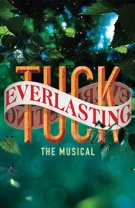 –Tuck Everlasting: originally a book published in 1975 and then adapted into the 2002 film, the source material obviously contains no music. The production clearly injects musical numbers and manages to weave plot lines unique to book and film. The show had some star power in the form of Terrance Mann and Andrew Keenan-Bolger, but it’s been largely ignored by the award committee. Reviews here were favorable, but the show closed just this past week. The score is whimsical, and the injection of music gives light to the story’s fairytale aesthetic, but I believe the production as a whole wasn’t hard-hitting enough in a season full of Eclipseds and Hamiltons. I think if this would have opened alongside Mary Poppins and Once in lighter seasons it would have fared better. Received a nomination for Best Costume Design.
–Tuck Everlasting: originally a book published in 1975 and then adapted into the 2002 film, the source material obviously contains no music. The production clearly injects musical numbers and manages to weave plot lines unique to book and film. The show had some star power in the form of Terrance Mann and Andrew Keenan-Bolger, but it’s been largely ignored by the award committee. Reviews here were favorable, but the show closed just this past week. The score is whimsical, and the injection of music gives light to the story’s fairytale aesthetic, but I believe the production as a whole wasn’t hard-hitting enough in a season full of Eclipseds and Hamiltons. I think if this would have opened alongside Mary Poppins and Once in lighter seasons it would have fared better. Received a nomination for Best Costume Design.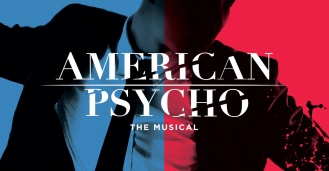 –American Psycho: originally a book published in 1991 and then 2000 film starring Christian Bale, this production also poses as a cross between horror and black comedy. It draws heavily on book material and the 1980’s setting to influence music choices. The show opened first on the West End in 2013 and has received favorable reviews for both productions. Here’s another show largely ignored by the nomination committee, but since 2013 has already become a “cult classic”. None of the violence is toned down, so a la Sweeney Todd, many don’t have the palette for it, which is why I think it’s been largely ignored. Music and lyrics are by Duncan Sheik, who’s Spring Awakening also received few nominations for it’s revival this season. Received two nominations for Best Scenic Design and Best Lighting Design.
–American Psycho: originally a book published in 1991 and then 2000 film starring Christian Bale, this production also poses as a cross between horror and black comedy. It draws heavily on book material and the 1980’s setting to influence music choices. The show opened first on the West End in 2013 and has received favorable reviews for both productions. Here’s another show largely ignored by the nomination committee, but since 2013 has already become a “cult classic”. None of the violence is toned down, so a la Sweeney Todd, many don’t have the palette for it, which is why I think it’s been largely ignored. Music and lyrics are by Duncan Sheik, who’s Spring Awakening also received few nominations for it’s revival this season. Received two nominations for Best Scenic Design and Best Lighting Design.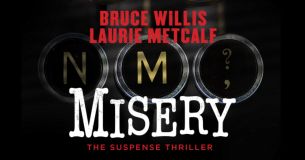 –Misery: originally a book published by Stephen King in 1987 and then 1990 film, this production is the only nominated or eligible staged adaptation that is a play, which is down from recent years. Though the film earned Kathy Bates an Academy Award, this show had mixed reviews. The star power of Bruce Willis couldn’t save this production, though perhaps some of this is due to the writing. The novel has already been adapted into two different plays, and to me, a third version feels like this was staged largely just to capitalize on the star power available. This show was also largely ignored by committee, with Laurie Metcalf garnering the only attention for her role as Annie Wilkes, same as Kathy Bates in 1990. Received a nomination for Best Actress in a Leading Role.
–Misery: originally a book published by Stephen King in 1987 and then 1990 film, this production is the only nominated or eligible staged adaptation that is a play, which is down from recent years. Though the film earned Kathy Bates an Academy Award, this show had mixed reviews. The star power of Bruce Willis couldn’t save this production, though perhaps some of this is due to the writing. The novel has already been adapted into two different plays, and to me, a third version feels like this was staged largely just to capitalize on the star power available. This show was also largely ignored by committee, with Laurie Metcalf garnering the only attention for her role as Annie Wilkes, same as Kathy Bates in 1990. Received a nomination for Best Actress in a Leading Role. –Waitress: originally a 2007 film, the source material is a largely cult hit, and as most of the others, has no music. The production draws heavily from source material but manages to inject and original score by Sara Bareilles, who is a Grammy-winning artist. The film was critically acclaimed, and the show received mixed to positive reviews. Here’s another show that pulled in less nominations than everyone expected, including myself. Personally, I think the opening ran too close to the eligibility cutoff to have full stock taken, however it may be the same case as Tuck Everlasting. Though containing some gritty subject matter, the show is on the lighter side of the spectrum and maybe would have benefitted in the nominations corner had it opened a few years previous. However, no plans have been made to close the show while other eligible shows this season have already had their last run. Received four nominations for Best Musical, Best Original Score, Best Actress in a Leading Role, and Best Actor in a Featured Role.
–Waitress: originally a 2007 film, the source material is a largely cult hit, and as most of the others, has no music. The production draws heavily from source material but manages to inject and original score by Sara Bareilles, who is a Grammy-winning artist. The film was critically acclaimed, and the show received mixed to positive reviews. Here’s another show that pulled in less nominations than everyone expected, including myself. Personally, I think the opening ran too close to the eligibility cutoff to have full stock taken, however it may be the same case as Tuck Everlasting. Though containing some gritty subject matter, the show is on the lighter side of the spectrum and maybe would have benefitted in the nominations corner had it opened a few years previous. However, no plans have been made to close the show while other eligible shows this season have already had their last run. Received four nominations for Best Musical, Best Original Score, Best Actress in a Leading Role, and Best Actor in a Featured Role.